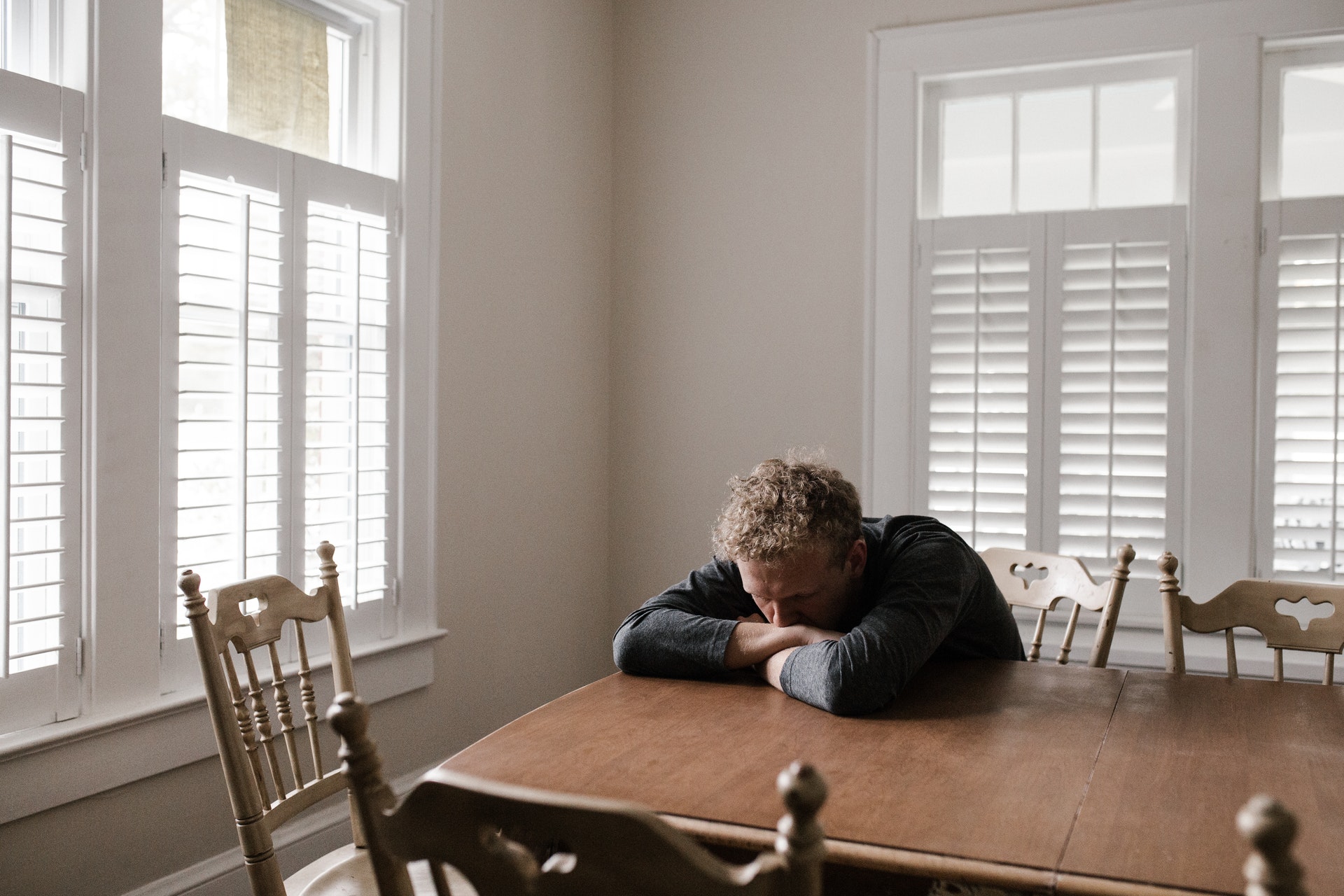The original version of this article was first published in The Guardian.
It is pleasing that Lucy Foulkes’ experience (What we’re getting wrong in the conversation about mental health, 29 March) of supporting her friend through a relationship breakdown leads her to question the helpfulness of applying psychiatric diagnoses uncritically in this and other situations. Critical approaches to psychiatry, and indeed psychology and psychotherapy, now form a substantial body of work. Most importantly, this includes the experiences of service users who have found themselves to have been treated badly by traditional mental health services.
One example, thankfully gaining visibility, is the cultural insensitivity of models of practice that have been developed in Europe and America, but which are then applied uncritically to people from a wide range of backgrounds. A forthcoming book, Racism in Psychology, edited by Craig Newnes, covers this ground in relation to psychology and psychotherapy practice. I know from many years of experience in mental health services that psychiatry and psychology/psychotherapy can be enormously helpful to people when their needs and wishes are carefully listened to and given the highest priority, rather than the insensitive application of theory.
Dr Sim Roy-Chowdhury
Brentwood, Essex
There is a long history of resistance to the inappropriate use of labels. The latest catalogue of psychiatric disorders, DSM-5, compiled by the American Psychiatric Association, has been widely, though sometimes unfairly, criticised, including for embracing half the population as “disordered” – good if you want a box to tick to claim from your patient’s health insurance, but hardly a reasonable description of people at large.
And that is the point that Lucy Foulkes seems to miss. Psychiatric diagnoses are categories that many of us in the mental health profession sometimes use to make sense of the problems brought to us, and particularly to communicate economically with colleagues. But they are not good scientific categories, nor do they bring alive the lived experience of distressed people.
One of the many reasons why psychiatric research has uncovered so little that is reliable, despite the massive sums of money spent, is that it uses categories designed to help professional practice, but not to further science or to colour personal understanding.
Dr John Richer
Wallingford, Oxfordshire
Lucy Foulkes’ article struck a chord with me. As a listening volunteer for a local hospice, I support patients, carers and bereaved families, and I have lost count of the times I have been asked, “Am I going mad?” by bereaved relatives. Very occasionally, some degree of depression may be present, but almost always the answer is, “No, you’re just very sad”. Because as a culture we talk so little about bereavement and loss, people are often unprepared for the sheer disabling power of grief, and assume they must be mentally ill. We need to talk more openly if people are to be equipped to recognise, manage and, if necessary, seek help for the impact of the events and emotions that most will encounter in a normal life.
Jill Wallis
Aston Clinton, Buckinghamshire
Some years ago, during training to become an approved social worker, our tutor asked us to list as many symptoms of mental illness that we could think of. She then asked us to identify any of these symptoms that we personally had not experienced. It quickly became clear that we had all been affected by most, if not all, of these at some time. It is chronic or persistent symptoms that require intervention from mental health services.
Michael Wild
Postbridge, Devon
The original version of this article was first published in The Guardian.
At LCC we have a dedicated and highly skilled team ready to help you. If you are experiencing negative thoughts we offer counselling services for depression and anxiety.





